Search
Search Results
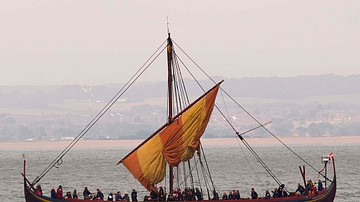
Collection
The Viking Age
This collection on the Vikings, who dominated northern Europe from c. 790 CE to c. 1100 CE, examines not only their fearsome reputation for war and invasion but also their celebrated ships, navigational skills, and runes writing system. In...
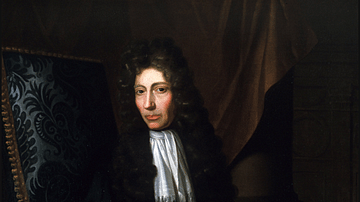
Definition
Robert Boyle
Robert Boyle (1627-1691) was an Anglo-Irish chemist, physicist, and experimental philosopher. Boyle was a prolific author, made significant experiments with air pumps, and presented the first litmus test. A founding member of the Royal Society...
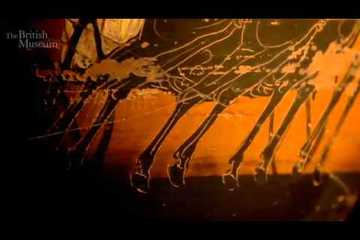
Video
Prize amphora showing a chariot race
Chariot-racing was the only Olympic sport in which women could take part, as owners of teams of horses. Kyniska, a princess of Sparta, was the first woman to win the Olympic crown in this sport. British Museum curator Judith Swaddling describes...
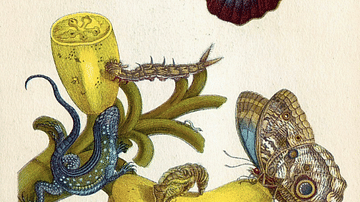
Article
Women Scientists in the Scientific Revolution
Women scientists during the Scientific Revolution (1500-1700) were few in number because male-dominated educational institutions, as well as scientific societies and academies, barred women entry, meaning that few had the education or opportunity...
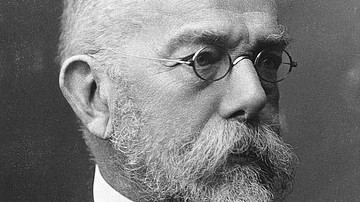
Image
Robert Koch
Portrait of Robert Koch (1843-1910), published in 1907 in Les Prix Nobel.
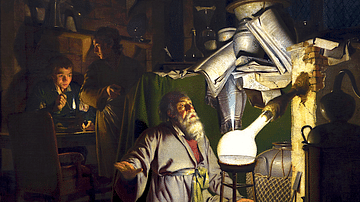
Definition
Alchemy
Alchemy is an ancient practice aimed at recreating precious substances using recipes and transformative materials such as the philosopher's stone. Alchemists believed that materials like gold, silver, gems, and purple dye could be recreated...
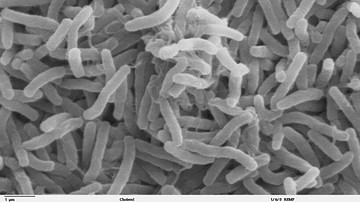
Definition
Germ Theory
The germ theory, which emerged in the late 19th century, demonstrated that microscopic germs caused most human infectious diseases. The germs involved included bacteria, viruses, fungi, protozoa, and prions. Louis Pasteur (1822-1895), a French...
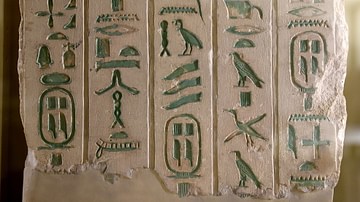
Definition
Ancient Egyptian Writing
Ancient Egyptian writing is known as hieroglyphics ('sacred carvings') and developed at some point prior to the Early Dynastic Period (c. 3150 -2613 BCE). According to some scholars, the concept of the written word was first developed in...
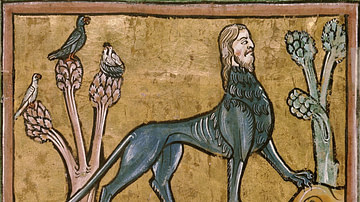
Definition
Manticore
The manticore, derived from the Early Middle Persian merthykhuwar or martiora, meaning "man-eater" (also known as a mantichora or a martichore), is a fearsome hybrid creature found in classical and medieval literature. It has the body of...
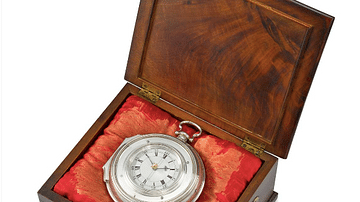
Article
Harrison's Marine Chronometer
John Harrison (1693-1776) invented an accurate marine chronometer after several decades of research and development. While the pendulum clock had already been invented in the 17th century, a clock that could withstand the vagaries of the...